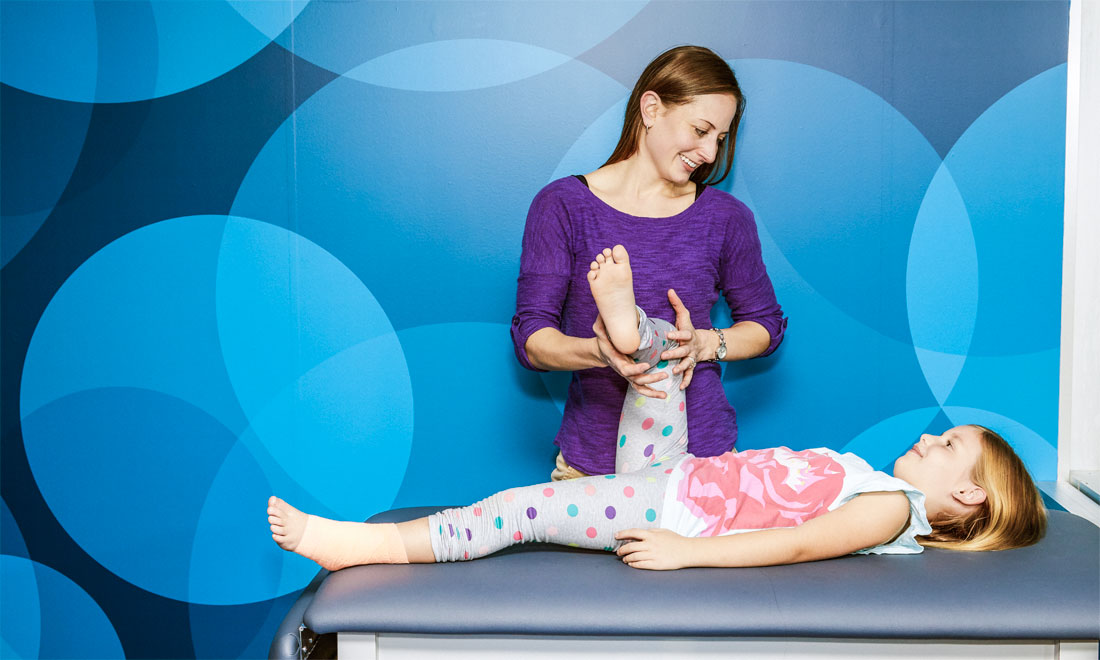Building Psychological Fortitude to Maximize Outcomes in Sports Treatment
Wiki Article
Cognitive resilience is an essential quality that can greatly elevate outcomes in sports treatment. Competitors often face setbacks that involve time away from their sport, which can be both physically and psychologically straining. Mental resilience refers to the ability to remain grounded and resilient in the face of adversity. It helps athletes manage the strain of rehabilitation, stay focused on their objectives, and maintain drive throughout the recovery process. By developing emotional stamina, individuals can optimize their recovery experience and return to their sport more capable than before.

One key aspect of building psychological strength is setting realistic targets. When individuals are recovering, it is important for them to have clear, achievable benchmarks during their recovery. These milestones should be precise, quantifiable, realistic, purposeful, and time-specific (SMART) principles. For example, instead of saying “I want to get better soonâ€, an athlete might set a goal like “I will follow my therapy routine three times weekly for four weeksâ€. This helps patients assess their progress and keep their concentration on what they can influence, reducing feelings of discouragement or despair.
Another key factor in building psychological endurance is maintaining a positive mindset. Athletes should practice affirmative thinking and guided imagery to foster a resilient mental environment. Positive self-talk involves replacing limiting thoughts with empowering statements. For instance, instead of thinking “I will never recoverâ€, an athlete could tell themselves “I am making progress every dayâ€. Visualization can also be powerful; individuals can imagine themselves performing well in their discipline as they heal. These practices help build self-belief and reinforce the belief that healing is possible.
Support systems play browse around this website a critical role in fostering emotional toughness during healing. Sportspeople should stay connected with encouraging friends, relatives, mentors, and rehab specialists who understand the demands of rehabilitation. Open communication with these care team members allows recovering individuals to express their emotions, concerns, and frustrations. Additionally, sharing experiences with other patients can provide a sense of belonging and empathy athletic injury recovery that makes the journey easier. Knowing others have faced related difficulties can encourage hope and motivate athletes to push through.
Finally, mindfulness practices can significantly improve an individual’s psychological well-being during rehabilitation. Present-moment focus involves being conscious of one’s internal dialogue and emotions without criticism. Practices such as meditation, controlled breathing, or gentle movement can help athletes manage unease and emotional pressure related to their injury. By incorporating present-focused practices into their everyday schedules, athletes learn to stay focused and focused on their healing journey, rather than dwelling on what they have lost during their time off from activity. This method promotes emotional stability and encourages a constructive attitude towards recovery.